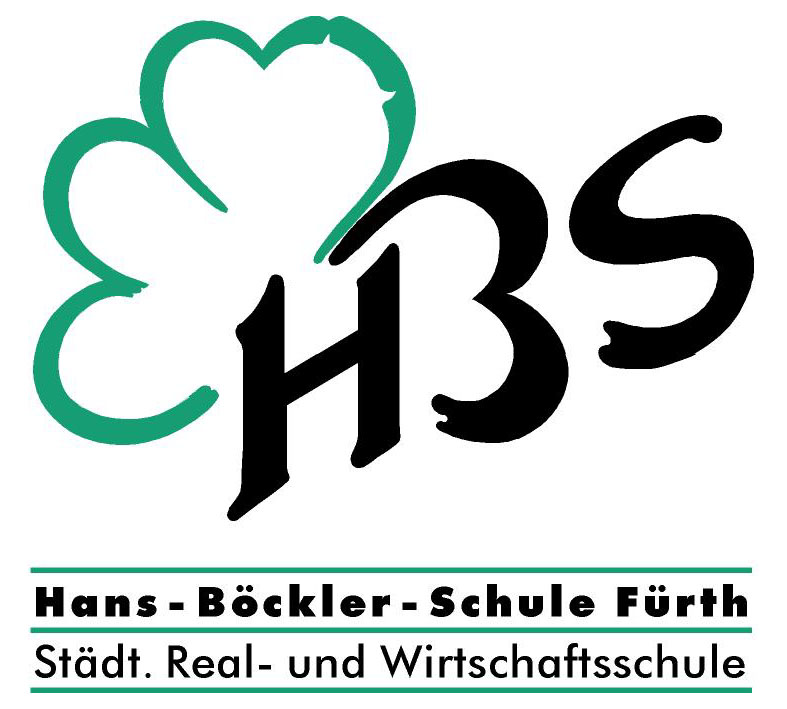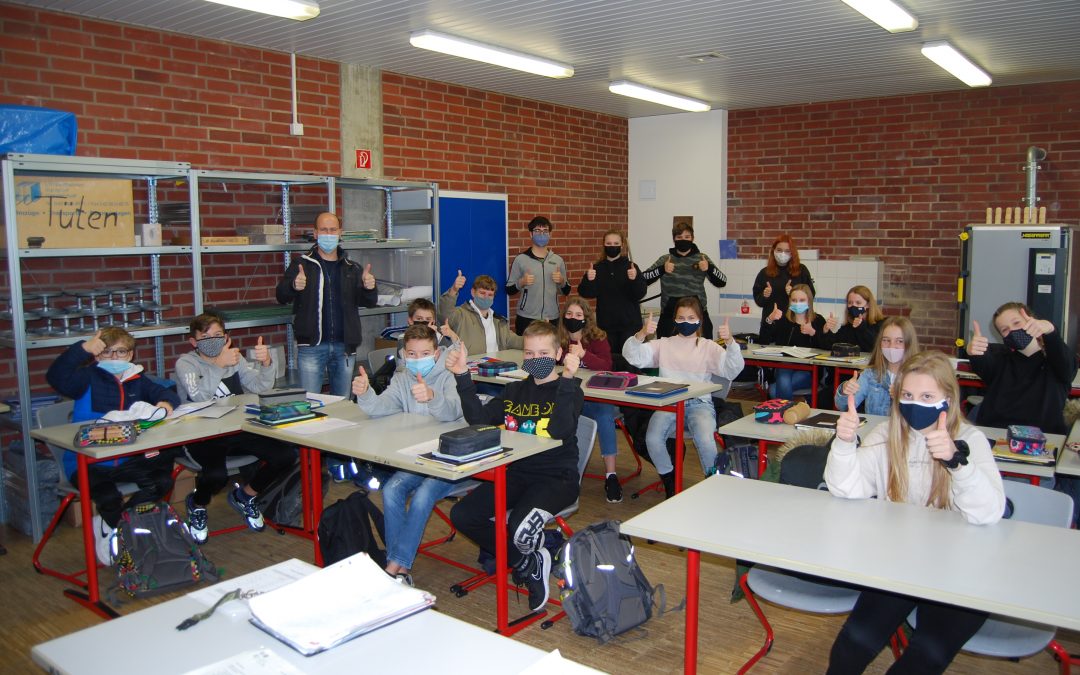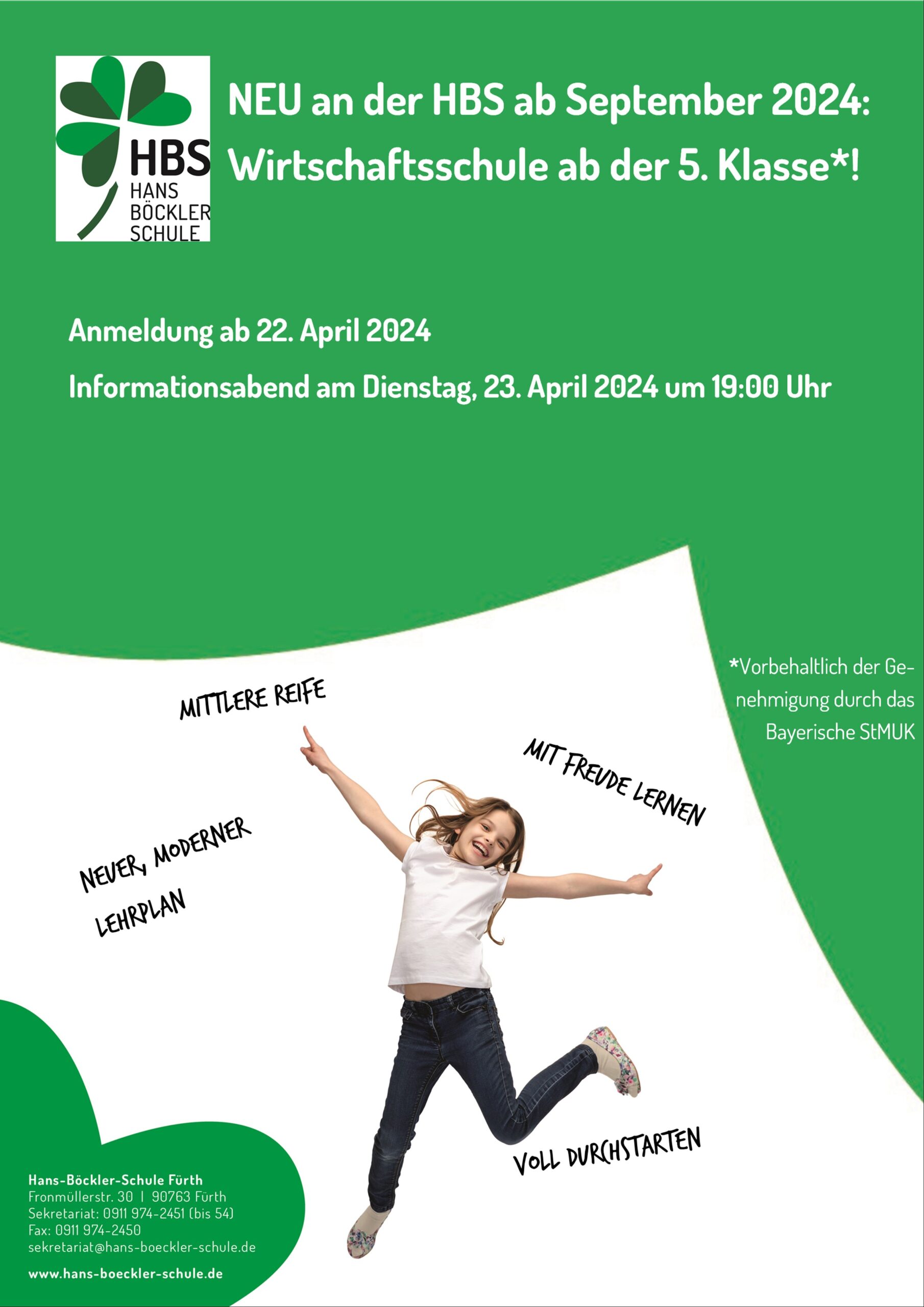Fix Search Issues: Common Errors & IServ Cookie Problems!
Is the relentless pursuit of digital perfection leading us down a rabbit hole of error messages and cookie consent fatigue? The internet, as we know it, is becoming increasingly fragmented, hindered by technical glitches and the ever-present demand for our digital compliance.
The frustration of encountering the ubiquitous "We did not find results for:" message is a shared experience for anyone navigating the online world. It's a digital dead end, a curt dismissal of our search efforts, often accompanied by the patronizing suggestion to "Check spelling or type a new query." This seemingly simple prompt belies a complex web of algorithms, databases, and potential user errors. But the irritation doesn't stop there. We're then bombarded with a barrage of cookie notifications, particularly those in German: "Sie haben keine cookies aktiviert," and "Cookies sind notwendig um iserv zu benutzen." Repeated ad nauseam, these messages underscore the growing tension between user privacy and the data-hungry demands of modern websites. This constant interruption disrupts the user experience and highlights the increasingly complex relationship between online platforms and their audiences.
These digital hiccups aren't merely annoying; they represent a fundamental challenge to the accessibility and usability of online information. When a search engine fails to deliver relevant results, or when cookie consent forms dominate the screen, the user's ability to access information is compromised. This is especially concerning in educational settings, where students and educators rely on online resources for research, learning, and collaboration. The digital realm should be a seamless, intuitive space for knowledge acquisition, not a minefield of technical obstacles.
- Unveiling The Enigmatic Discover The True Identity Of Omar Chaparros Wife
- Unveil The Enigma Marilyn Mansons Genrebending Music
Consider, for instance, the student pursuing a "Master of Science (Wirtschaftspädagogik)." They expect a broad spectrum of resources to be readily available to support their studies. But if their search queries are consistently met with error messages and cookie consent requests, their learning process is inevitably hindered. This is not simply a matter of inconvenience; it represents a barrier to accessing the knowledge and information they need to succeed.
Beyond the individual frustrations, these issues also have broader implications for organizations and institutions. Take, for example, Hantke, the organizer of a ski trip. If potential participants are unable to easily access information about the trip online due to search engine errors or cookie-related issues, the trip's success could be jeopardized. Similarly, the cooperation between the HBS (a Realschule and Wirtschaftsschule in Fürth) and the DLRG Fürth, aimed at ensuring swimming as a basic sporting qualification for every student, relies on effective communication and accessible online resources. When technical glitches interfere with this communication, the partnership's goals are more difficult to achieve.
The problem extends beyond education and leisure activities. Companies offering services such as comprehensive floor coatings and balcony renovations, facade cleaning, and flat roof renovations in Nuremberg, Munich, Stuttgart, and the surrounding areas, rely on potential customers being able to find them online. If their websites are plagued by technical issues, they risk losing business to competitors. The promise of "Qualität & Zuverlässigkeit für jede Bauanforderung" rings hollow if customers can't even find the company's website in the first place.
- Unveiling Khaids Roots A Journey Into Musical Heritage
- Unveiling The Truth Lindsay Lohans Plastic Surgery Journey Revealed
The digital landscape, once envisioned as a democratizing force, is increasingly defined by these friction points. Job seekers, for example, are often advised to emphasize their teamwork skills, communication abilities, and capacity for independent action in their application letters. However, even the most qualified candidates may struggle to find employment if their online presence is hampered by technical glitches and the inability to navigate the complexities of search engines and cookie consent policies.
The phrase "diese Woche dient dazu, auf die unterschiedlichen" suggests a week dedicated to highlighting various aspects of a particular topic. But the effectiveness of this week-long initiative is contingent on the ability of participants to access and share information freely online. When technical issues impede this process, the impact of the initiative is diminished.
Furthermore, institutions offering modern technical equipment, further education, and international exchange opportunities rely on their online presence to attract students and faculty. If their websites are difficult to navigate or plagued by technical problems, they risk losing potential candidates to other institutions with more user-friendly online platforms.
The HBS in Fürth, as a Realschule and Wirtschaftsschule, understands the importance of a seamless online experience for its students and faculty. They provide information about registration, career guidance, chess, graduation ceremonies, and more on their website. However, the effectiveness of these resources is contingent on the website being accessible and user-friendly.
The core issue is the growing disconnect between the promise of a connected, accessible online world and the reality of technical glitches, cookie consent fatigue, and the ever-present threat of misinformation. While the internet offers unparalleled opportunities for learning, communication, and collaboration, these opportunities are increasingly threatened by the persistent challenges of navigating the digital landscape.
Addressing these challenges requires a multi-faceted approach. First, search engine providers need to refine their algorithms to ensure that relevant results are prioritized and that users are not bombarded with irrelevant or outdated information. Second, website developers need to prioritize user experience and minimize the intrusion of cookie consent forms and other disruptive elements. Third, users need to be educated about online privacy and security, so that they can make informed decisions about their data and protect themselves from online threats. Finally, there needs to be a greater emphasis on digital literacy, so that individuals of all ages and backgrounds can navigate the online world with confidence and competence.
The future of the internet depends on our ability to address these challenges and create a more accessible, user-friendly, and trustworthy online environment. Only then can we truly realize the potential of the internet as a force for good in the world.
Consider the broader implications. The constant barrage of "Sie haben keine cookies aktiviert" and "Cookies sind notwendig um iserv zu benutzen" messages serves as a constant reminder of the data tracking that underpins much of the modern internet. This relentless pursuit of user data, often without meaningful consent or transparency, erodes trust and creates a sense of unease among users. The desire for a seamless online experience is constantly undermined by the need to navigate complex privacy settings and consent forms. This disconnect between user expectations and the reality of online data collection is a significant challenge that needs to be addressed.
The issue of inaccurate search results is equally problematic. When a user searches for information on a specific topic, such as "Umfassende leistungen von bodenbeschichtung und balkonsanierung bis zu fassadenreinigung und flachdachsanierung" (comprehensive services from floor coating and balcony renovation to facade cleaning and flat roof renovation), they expect to find relevant and reliable results. However, if the search engine fails to deliver these results, the user is left frustrated and may be forced to rely on less reliable sources of information. This is particularly concerning in areas where accuracy and expertise are critical, such as construction and home improvement.
The emphasis on teamwork, communication, and personal responsibility in job applications highlights the importance of these skills in the modern workplace. However, even the most qualified candidates may struggle to demonstrate these skills effectively if they are unable to navigate the complexities of online job boards and application processes. The digital divide can create significant barriers to entry for individuals who lack the skills and resources to compete effectively in the online job market.
The initiative to highlight various aspects of a particular topic, as suggested by the phrase "diese Woche dient dazu, auf die unterschiedlichen," underscores the importance of clear and effective communication. However, if this communication is hampered by technical glitches and the inability to access online resources, the impact of the initiative will be diminished. The ability to share information and ideas freely online is essential for fostering collaboration and innovation.
The availability of modern technical equipment, further education, and international exchange opportunities is essential for attracting and retaining talented students and faculty. However, if these resources are not easily accessible online, potential candidates may choose to attend other institutions with more user-friendly websites. The online presence of an institution is a critical factor in its ability to compete in the global market for talent.
The HBS in Fürth, as a Realschule and Wirtschaftsschule, recognizes the importance of providing its students and faculty with access to the latest technology and online resources. By offering information about registration, career guidance, chess, graduation ceremonies, and more on its website, the school is striving to create a seamless and user-friendly online experience. However, the school must also be vigilant in addressing any technical issues that may arise and ensuring that its website remains accessible to all users.
The ultimate goal is to create a digital environment that is both accessible and trustworthy. This requires a collaborative effort from search engine providers, website developers, policymakers, and individual users. By working together, we can address the challenges that currently plague the internet and create a more positive and productive online experience for everyone.
The issues highlighted – from search failures to cookie consent overload – are not isolated incidents. They are symptoms of a deeper malaise within the digital ecosystem. A system that prioritizes data collection over user experience, that prioritizes algorithms over human intuition, and that prioritizes profit over accessibility is fundamentally flawed. We need to rethink the way we design and manage the internet to ensure that it serves the needs of all users, not just the interests of a few powerful corporations.
The quest for perfection in search results, while laudable in theory, can often lead to frustrating outcomes. The rigid adherence to specific keywords and phrases can result in the exclusion of valuable information that may be expressed in different terms. A more nuanced approach to search, one that takes into account the context and intent of the user's query, is needed.
The relentless demand for cookie consent is another example of a well-intentioned policy that has unintended consequences. While the goal of protecting user privacy is admirable, the constant barrage of consent requests can be overwhelming and confusing. Many users simply click "agree" without fully understanding the implications of their decision. A more transparent and user-friendly approach to cookie management is needed.
The challenges facing the HBS in Fürth, the DLRG Fürth, and other organizations that rely on online communication are indicative of the broader challenges facing society as a whole. In an increasingly digital world, access to information and the ability to communicate effectively online are essential for success. We need to ensure that everyone has the skills and resources they need to thrive in this new environment.
The future of the internet depends on our ability to address these challenges and create a more equitable and accessible digital landscape. This requires a commitment to innovation, collaboration, and a focus on the needs of the user.
The phrase "Check spelling or type a new query" is a frequent visitor to many screens, suggesting a user error while often masking underlying issues with search algorithms or website indexing. This seemingly simple prompt underscores a growing problem: the increasing complexity of online navigation. The internet, once hailed as a democratizing force, is becoming increasingly fragmented, requiring users to possess advanced digital literacy skills just to access basic information.
Let's take the case of someone seeking "Master of Science (Wirtschaftspädagogik) reicht das breite spektrum." The ideal scenario involves a seamless search, yielding a wealth of relevant resources. However, the reality often involves sifting through irrelevant results, navigating paywalls, and deciphering cryptic error messages. This creates a significant barrier to entry for students and researchers, hindering their ability to access the information they need to succeed. This is not just about convenience; it's about equitable access to knowledge.
The persistent cookie notifications – "Sie haben keine cookies aktiviert," and "Cookies sind notwendig um iserv zu benutzen" – represent another significant impediment to a smooth online experience. While intended to protect user privacy, these notifications often become a nuisance, disrupting the flow of information and contributing to a sense of digital fatigue. The sheer volume of these requests can desensitize users, leading them to blindly accept terms and conditions without fully understanding the implications.
Consider the situation of Hantke, the organizer of the ski trip. Their ability to effectively communicate with potential participants relies on a functional and accessible online presence. If individuals are unable to easily find information about the trip due to search engine errors or cookie-related issues, participation rates could suffer. This highlights the crucial role that technology plays in facilitating real-world activities and the potential consequences of digital failures.
The cooperation between the HBS and the DLRG Fürth, aimed at promoting swimming as a basic sporting qualification, exemplifies the importance of online communication in fostering community partnerships. When technical glitches impede this communication, the effectiveness of the partnership is diminished. The ability to share information and resources seamlessly online is essential for building strong and resilient communities.
Companies offering services such as "Umfassende leistungen von bodenbeschichtung und balkonsanierung bis zu fassadenreinigung und flachdachsanierung" rely heavily on their online presence to attract new customers. If their websites are difficult to navigate or plagued by technical problems, they risk losing business to competitors. The digital marketplace is fiercely competitive, and even minor technical issues can have a significant impact on a company's bottom line.
The skills emphasized in job applications – teamwork, communication, and personal responsibility – are increasingly dependent on digital proficiency. Candidates who lack the ability to navigate online platforms effectively may find themselves at a disadvantage in the job market. The digital divide is not just about access to technology; it's about access to opportunity.
The phrase "diese Woche dient dazu, auf die unterschiedlichen" suggests a concerted effort to raise awareness about a particular issue. However, the effectiveness of this effort is contingent on the ability to disseminate information widely online. When technical glitches impede this dissemination, the impact of the campaign is limited. The internet's potential as a tool for social change is only realized when information is freely and readily accessible.
Institutions offering modern technical equipment, further education, and international exchange opportunities must maintain a strong online presence to attract students and faculty. Their websites serve as virtual storefronts, showcasing their offerings and providing prospective candidates with the information they need to make informed decisions. A poorly designed or technically flawed website can deter potential applicants and damage an institution's reputation.
The HBS in Fürth, as a Realschule and Wirtschaftsschule, understands the importance of providing its students with a seamless online experience. By offering information about registration, career guidance, chess, and graduation ceremonies on its website, the school is striving to create a supportive and engaging online learning environment. However, the school must also address the broader challenges of digital access and literacy to ensure that all students have the opportunity to thrive in the digital age.
The key takeaway here is that the internet is not a static entity. It is constantly evolving, presenting new challenges and opportunities. To navigate this ever-changing landscape effectively, we need to adopt a critical and informed approach, recognizing both the power and the limitations of technology.
- Unveiling The Truth Lindsay Lohans Plastic Surgery Journey Revealed
- Unveiling The Unbreakable Bond Billy Crystal And His Sibling Connection

Produkte

Kollegium HBS Fürth

HBS Outdoor Hans Böckler Schule Fürth Realschule und Wirtschaftschule